Cambridge is one of the world’s leading publishers of research in classical studies, with a list that covers all aspects of enquiry into the ancient world. Our books are at the forefront of the discipline and have been recognised for their broad-ranging, thought-provoking scholarship. Our publishing spans the full range of classical enquiry and pedagogy: critical editions of ancient texts, commentaries, literary and historical analysis, classical archaeology, theoretical perspectives, reception studies, course texts, companions and source books.
Classical Studies Journals, more results, from A to Z
Explore Classical Studies journals
Explore Classical Studies books
December Monographs
New titles
Classical Studies series
-
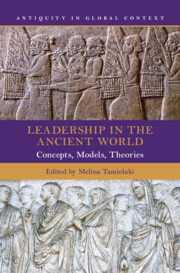
Antiquity in Global Context
- Series
-

Armies of the Ancient World
- Series
-

Cambridge Classical Classics
- Series
-
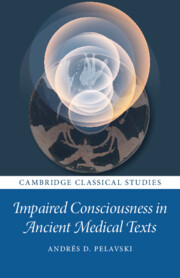
Cambridge Classical Studies
- Series
Classical Studies - Journals blog

-
From Mycenaean Frescoes to Hellenistic Sculpture: Women’s Research in the Early Years of the ABSA
- 06 January 2026,
- The first volume of the Annual of the British School at Athens was published in 1895, almost a decade after the foundation of the School in 1886.…

-
The Statues from the Antikythera Shipwreck, 125 Years Later
- 08 October 2025,
- In the mid-1st century BCE, a freighter laden with Greek art was sailing westward in the Mediterranean when it crashed and rapidly foundered, taking some of...

-
A fragment of Aristotle’s lost Eudemus in Tertullian’s De Anima
- 07 October 2025,
- Aristotle is certainly one of the most foundational, influential, and therefore heavily commented on and thoroughly studied figures in the history of philosophy.…...
Classical Studies - Books blog
-
The Invisible Hand of Public Relations
- 14 January 2026,
- In 2019, Paul Manafort was sentenced to 73 months in jail for failing to register as with the United States Justice Department an agent of pro-Russian Ukrainian The post The Invisible Hand of Public Relations first appeared on Fifteen Eighty Four | Cambridge University Press....
-
What can the Past tell us about the Future of Medicine?
- 12 January 2026,
- In a fractured world, we can mostly agree that medical progress is valuable, and that achieving it is a worthwhile social goal. But beyond that, there are different The post What can the Past tell us about the Future of Medicine? first appeared on Fifteen Eighty Four | Cambridge University Press....
-
What Political Books Do (Even When No One Reads Them)
- 12 January 2026,
- When we think about politics today, we tend to think about speeches, soundbites, social media posts, or rolling news. Books can seem almost incidental: slow, The post What Political Books Do (Even When No One Reads Them) first appeared on Fifteen Eighty Four | Cambridge University Press....
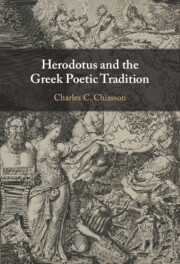
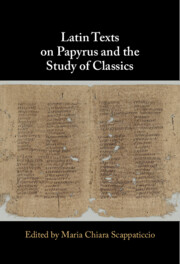

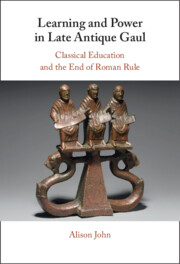











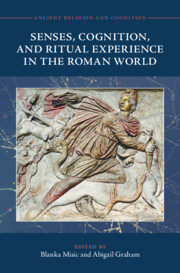
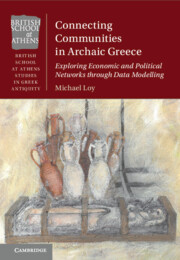
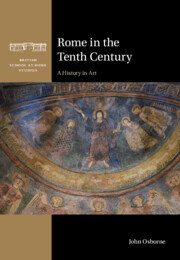

Twitter
Cambridge on Facebook